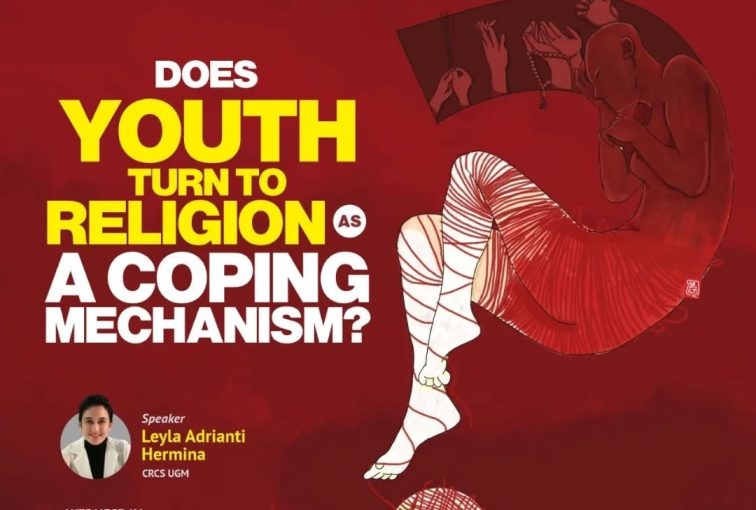
In Indonesia, a nation steeped in religious tradition, religion pervades many aspects of life, shaping societal perceptions, including attitudes towards mental health. This research delves into whether young people, particularly those undergoing life’s toughest challenges impacting their mental well-being, turn to religion and worship during such periods. The alarming increase in student suicides in Yogyakarta during 2023 has brought this issue into sharper focus, raising questions about the factors influencing young people’s mental health, their coping mechanisms, and the role of religion in these processes. The study involved nine individuals aged 19-26 who faced significant challenges affecting their mental health. These findings reveal that turning to religion in times of difficulty is not a universal choice. Different factors steer individuals towards varied coping mechanisms. This diversity in coping strategies suggests a need for broader education and support systems. Parents, policymakers, religious leaders, and educators should consider these findings to better equip young people with comprehensive knowledge about mental health, enhance their spiritual awareness, and foster effective coping mechanisms.
